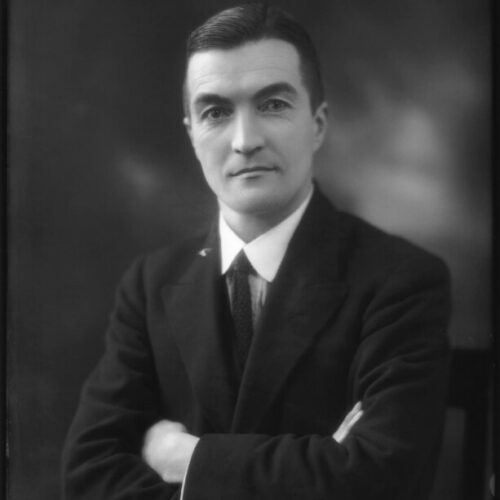

It was early in the war, and we were stationed at a pleasant village in Sussex. One evening a sergeant came round to our billet to ascertain our respective religions. All went well until he came to me. In reply to his “What’s yours?” I said firmly “Agnostic.” He looked at me a little blankly and then said “What?” I repeated my answer, whereupon he exclaimed: “What the hell’s that?” To the mingled surprise and amusement of those standing round I gave him the best explanation I could on the spur of the moment, and his comment was: “Oh well, we’ll have to see about you.”
Ernest Thurtle, ‘Religion in the Army: recollections and reflections’ in The Literary Guide, September 1940
Ernest Thurtle was a politician and humanist, who championed a range of reforms from a standpoint of reason and compassion. He was instrumental in bringing about the abolition of the death penalty for cowardice or desertion in the British Army, and worked for an end to blasphemy laws, and the right to birth control. Active in the Rationalist Press Association, of which he was secretary 1932–1940, he was remembered as a man ‘it was impossible not to like’.
The obituary below was published in The Literary Guide, October 1954.
Rationalism has lost a doughty fighter and Parliament one of its most independent minds by the death of Ernest Thurtle at the age of sixty-nine after a long illness. He was born in the State of New York of British parents and while still an infant brought to this country. He attended an elementary school, but his real education continued in later life and never ceased. His sturdy self-reliance and restless ambition led him to try many forms of employment— steelworker, salesman, clerk— and took him to the Continent and back to the United States for a period.
He served in the 1914-18 war, attained commissioned rank, and was wounded at Cambrai. Thereafter he became a determined anti-militarist, and when he was returned as a Labour Member of Parliament for Shoreditch in 1925 he expressed his views with typical trenchancy in the House of Commons. Apart from a four years’ interval he continued to represent Shoreditch throughout his career. He visited India in 1925 and took an active part in the campaign for independence at the same time that the Simon Commission was at work, defying the criticism that his talks with Gandhi met with at a time when general sentiment was very different from what it has since become.
From 1932 to 1940 Thurtle was secretary of the Rationalist Press Association. He carried out his work with the vigour and thoroughness that characterized all his activities. He lost his belief in traditional religion early in life, but he was tolerant toward those who could not travel on the same road. He himself had made what seemed to him the only possible choice, and although he defended his heterodox views on religion and politics with zest he aroused no animosity among his opponents. It was impossible not to like Ernest Thurtle, and our sympathy goes out to his widow, his son, and his daughter.
Main image: Ernest Thurtle by Bassano Ltd, whole-plate glass negative, 14 December 1923 NPG x122819 © National Portrait Gallery, London
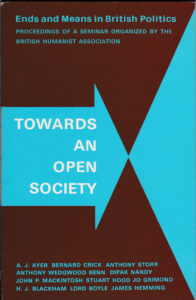
I think that believing in the brotherhood of man is not just a matter of signing these letters, it is […]
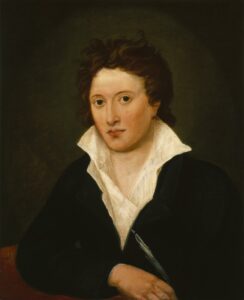
Percy Bysshe Shelley was a major poet of the Romantic period, and remains one of England’s best loved and most […]
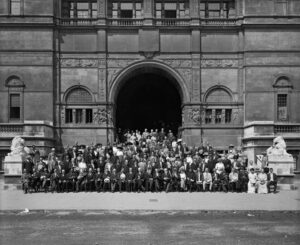
To those who regard the furtherance of International Good Will and Peace as the highest of all human interests, the […]
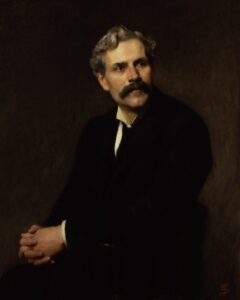
The moral value of a belief in eternal life is a doubtful matter. But this is certain, that where rest […]